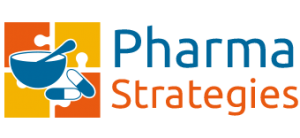Can a pharmaceutical company help close the racial healthcare gap in the US? Patrice Matchaba thinks so. His plans involve an initiative designed to bring about foundational change by tapping into the potential of underserved communities.
“We need to engage with the people whose problem we want to help solve, not create solutions for them,” says Matchaba, President of the Novartis US Foundation and Head of US Corporate Responsibility at Novartis.
Matchaba spent most of his two-decade career at Novartis steering experimental medicines through the drug development pipeline. He is …
